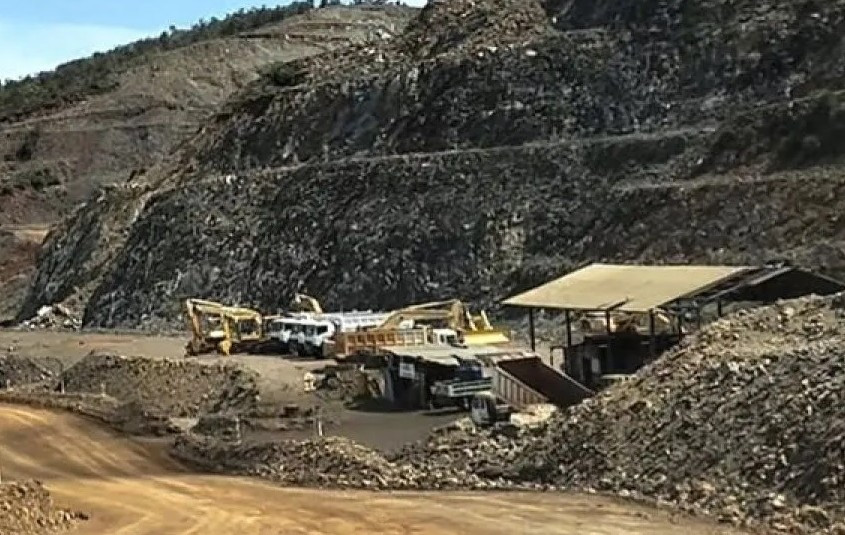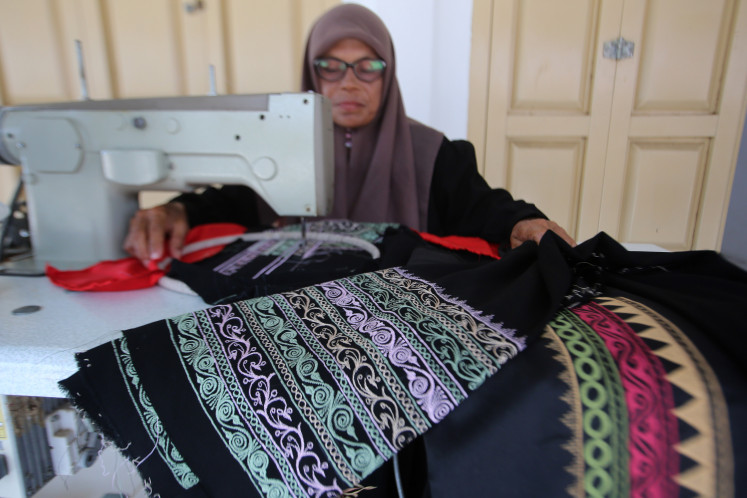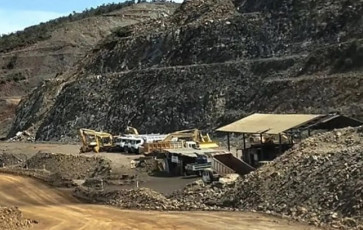Popular Reads
Top Results
Can't find what you're looking for?
View all search resultsPopular Reads
Top Results
Can't find what you're looking for?
View all search resultsConsistent, integrated regulations are pillars of the downstream industry
Strong, consistent, integrated regulations and implementations are indispensable to ensure downstream industry development as a key pillar of national economic transformation.
Change text size
Gift Premium Articles
to Anyone
T
he government should accelerate the implementation of President Prabowo Subianto's Asta Cita (eight missions), particularly in downstream industry development, amid the world's increasingly complex dynamics, including escalating geopolitical rivalries, climate change and the slowdown of global economic growth.
Strong, consistent, integrated regulations and implementations are indispensable to ensure downstream industry development as a key pillar of national economic transformation.
Indonesia has no choice but to become more competitive to attract foreign investment. President Prabowo has repeatedly emphasized that downstreaming should serve as the gateway to broader industrialization.
According to Investment and Downstream Minister Rosan Roeslani, the downstream industry contributed 28.8 percent of the total economic distribution in 2024. The figure is expected to rise to 30 percent over the next five years, consolidating the role of value-added industries in the country's economic growth.
President Prabowo has established a task force to accelerate downstream industrialization in the minerals and coal, oil and gas, agriculture, forestry and marine and fisheries sectors, aiming to increase added value in the country. Chaired by Energy and Mineral Resources Minister Bahlil Lahadalia, the team's main task is to enhance coordination between policy formulation and ministries, agencies or local governments.
Look at the global gloomy development. Increasing tensions, such as United States President Donald Trump's tariff war against China and the world, the deepening Russia-Ukraine conflict and the escalating military tension between Israel and Iran, have further disrupted global supply chains and heightened uncertainty in international markets.
The World Bank has sharply cut its global economic growth projections, citing disruptions from trade uncertainty in particular. It now expects the global economy to expand by 2.3 percent in 2025, down from an earlier forecast of 2.7 percent.



















